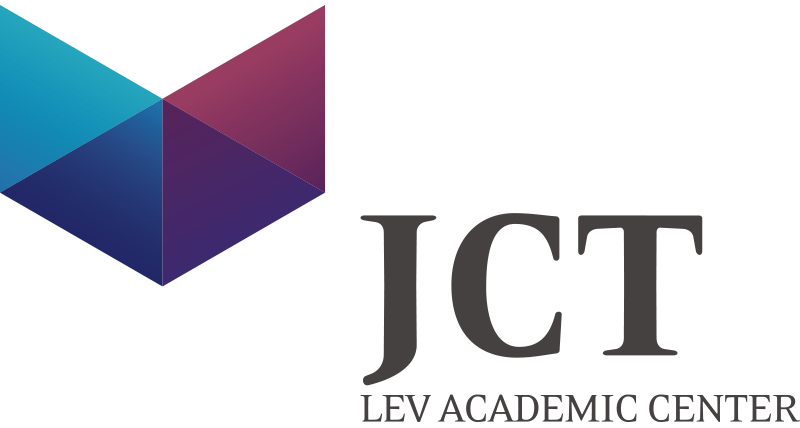Meet Natalie
Career options for religious women can be tiny. Natalie, for instance, is in nanotechnology.
Natalie Fardian-Melamed’s nanotechnology research could mean that in the future, “your computers will be made out of DNA.” How exactly would that be possible?
“The thickness of a strand of hair is actually a hundred microns, so if you divide that by a hundred thousand, you get to the nanometer scale,” Natalie explains. “If we’re looking at DNA, it’s only two nanometers thin. We want to use DNA for computing—to take it out of its biological context, and use it as a building block to make nano electric circuits and nano memory storage units.”
This would seem to be quite an unlikely career path for a mother of three, from a religious community in Tsfat in northern Israel. JCT sees it as its mission to make scientific and technological careers accessible to members of Israel’s religious communities.
Part of that accessibility comes from offering a religiously-sensitive environment, where male and female students study separately, and where Torah study is built into the timetable. And it also comes from an understanding of the particular obstacles – educational, cultural and financial – that religious students, particularly women, face.
“JCT has allowed me to pursue my dreams,” Natalie says. “As a religious woman in a predominantly male STEM (Science, Technology, Engineering and Math) community, I feel like JCT gave me the tools to open up the way for other women as well, to pursue their careers and pursue their dreams.”
“I feel like JCT gave me the tools to open up the way for other women as well, to pursue their careers and pursue their dreams.”


